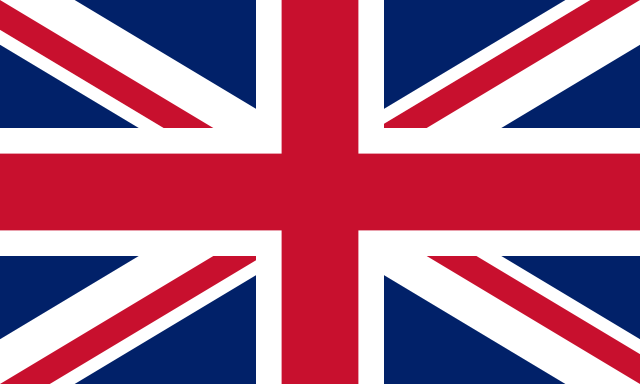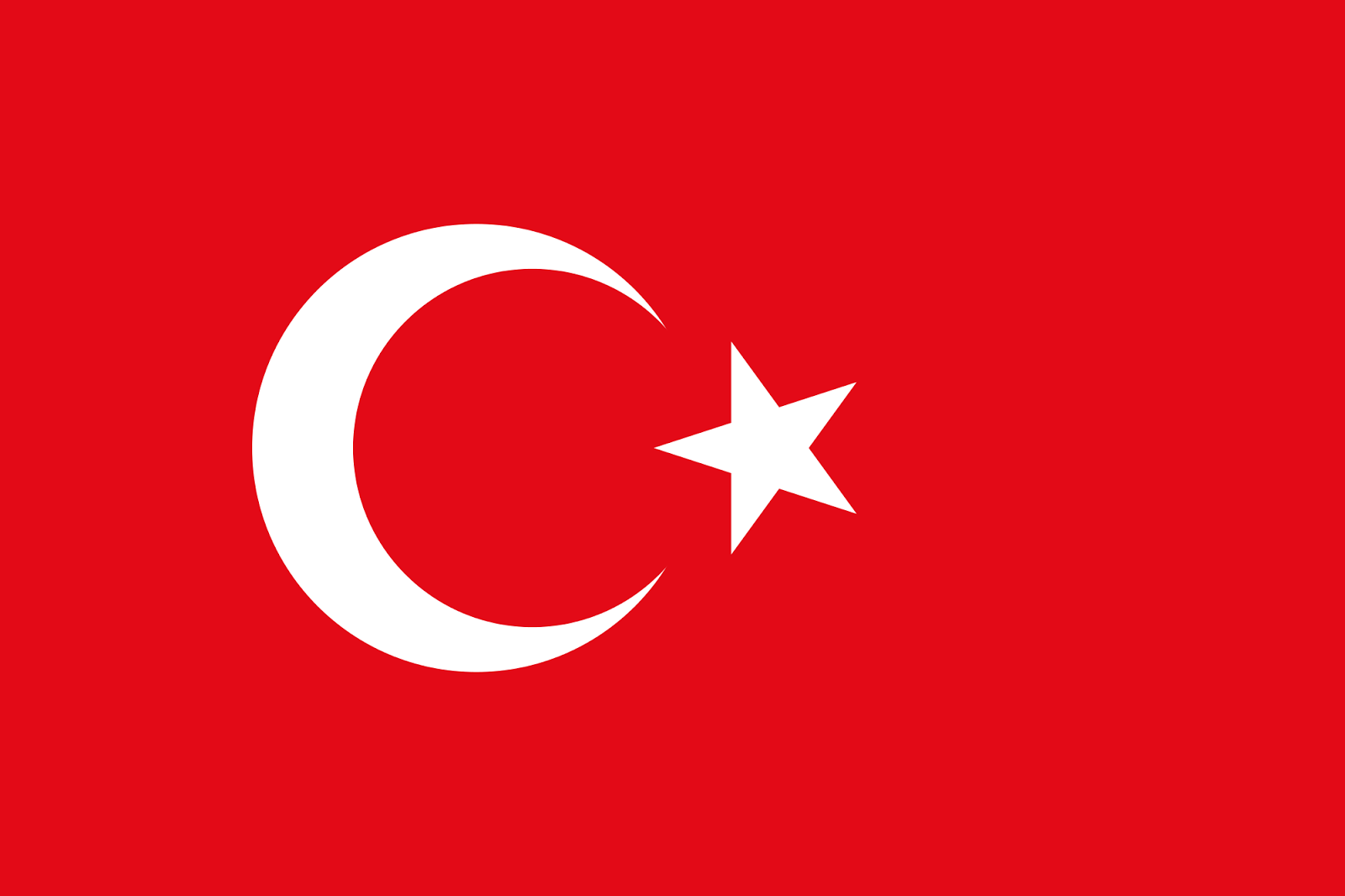II. Material and Moral Damages for Trademark Infringement
In the event of infringement of the trademark right, the trademark right holder may file a Material Damages Action against the person or persons who committed the said act in order to compensate for the damages suffered. He may claim the damage (actual damage) and the deprived earnings in the compensation case he will open. In the claim for compensation for the deprived earnings, the trademark right holder is given optional rights in the law on how the damage should be calculated. Accordingly, the trademark right holder may request the calculation and compensation of the deprived income by using one of the following methods:
- The probable income that the right holder could have obtained had it not been for the competition of the infringer of the industrial property right,
- The net profit obtained by the infringer of the industrial property right,
- The license fee to be paid if the infringer of the industrial property right has used this right in accordance with a license agreement.
In the event that the infringement of the trademark right damages the recognition level of the trademark, its status in commercial life, its reliability in the markets, a Moral Damages Lawsuit can also be filed at varying rates depending on the magnitude of the act.
Again, if the reputation of the trademark in the eyes of the public is damaged, a Reputational Damages Action may also be filed due to the damage that will occur here.
Apart from these, the trademark right holder may request the court to seize the infringed products or goods, to stop the sale of the products, to stop the production, importation, to destroy these goods or to grant him the right of ownership over these goods.
b. What are the Criminal Cases that can be filed in case of Trademark Infringement?
The person or persons who commit the act of infringement of the trademark right are not only legally liable, but also criminally liable. The owner of the trademark right may file a criminal complaint to the Chief Public Prosecutor's Office against those who commit the act of infringement and may also request that these persons be punished. Article 30 of the Industrial Property Law No. 6769 stipulates that imprisonment from 1 year to 4 years and a judicial fine will be imposed for acts of infringement of trademark rights.
Article 30- (1) Any person who produces goods or provides services, offers for sale or sells, imports or exports, purchases, possesses, transports or stores for commercial purposes by infringing the trademark right of another person through quotation or illusion shall be punished with imprisonment from one year to three years and a judicial fine up to twenty thousand days.
(2) A person who removes the sign indicating trademark protection from the goods or packaging without authorization shall be sentenced to imprisonment from one year to three years and a judicial fine up to five thousand days.
(3) A person who disposes of another person's trademark right by transferring, licensing or pledging it without authorization shall be sentenced to imprisonment from two years to four years and a judicial fine up to five thousand days.
(4) In the event that the offenses under this Article are committed within the scope of the activities of a legal entity, security measures specific to such offenses shall also be imposed.
(5) In order to be sentenced for the offenses under this Article, the trademark must be registered in Turkey.
(6) Investigation and prosecution of the offenses under this Article are subject to complaint.
(7) No penalty shall be imposed on the person who offers for sale or sells the goods produced by imitating the trademark to which another person has the right, in case the person who offers for sale or sells the goods informs where he obtained such goods and thus ensures that the producers are revealed and the goods produced are seized.
7. Statute of Limitations for Actions to be Filed for Trademark Infringement
The Industrial Property Law No. 6769 does not provide a special time limit for civil lawsuits to be filed for infringement of trademark rights. Article 157 of the Law stipulates that the provisions of the Turkish Code of Obligations dated 11/1/2011 and numbered 6098 regarding the statute of limitations shall apply to claims related to private law arising from industrial property rights or traditional product names.
Since infringement of the trademark right is also a tort, the statute of limitations for tortious acts in the Turkish Code of Obligations shall apply to civil lawsuits to be filed. Accordingly, the trademark right holder will be able to file the aforementioned lawsuits within 2 years and in all cases within 10 years from the date of learning about the infringement of the trademark right and the person or persons who have committed such infringement.
However, if the act of trademark infringement is also defined as a crime in the law and a longer limitation period is stipulated for this crime in the criminal laws, these periods will be taken into account in the lawsuits to be filed. If the lawsuit is not filed within these periods specified in the law, the statute of limitations will expire.
8. Competent and Authorized Court in Trademark Infringement Cases
The competent court for the lawsuits to be filed by the registered trademark right owner due to trademark infringement is regulated in Article 156 of the Industrial Property Law No. 6769. Accordingly, the competent court for civil lawsuits to be filed due to trademark infringement is the Intellectual and Industrial Rights Civil Court. If there is no Civil Court of Intellectual and Industrial Rights in that place, the competent court is the Civil Court of First Instance.
The competent court for the lawsuits to be filed is the court where the plaintiff (trademark right holder) resides or where the unlawful act has occurred or where the effects of this act are seen.






